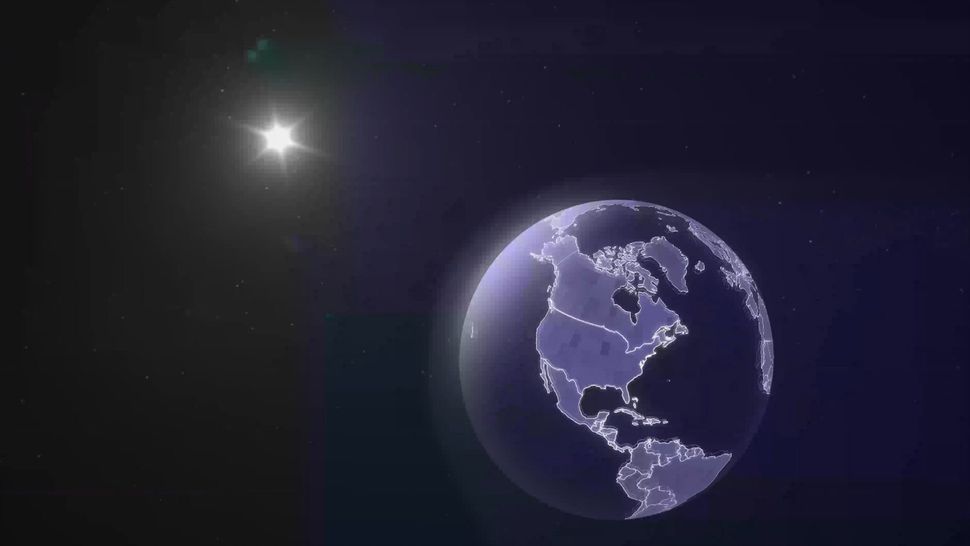Why NASA is launching 3 rockets into the solar eclipse next week
By Sharmila Kuthunur
published 15 hours ago
Three rockets ferrying science instruments will be launched into the eclipse's shadow on April 8. Here's what scientists hope to learn.

A NASA illustration of the upcoming solar eclipse on April 8. (Image credit: NASA's Goddard Space Flight Center)
On April 8, parts of the U.S., Canada and Mexico will be thrust into darkness as the moon glides perfectly in front of the sun, marking a total solar eclipse. Millions of eager spectators aren't the only ones who are excited; NASA engineers in Virginia plan to make the most of the precious few minutes of darkness by launching rockets directly into the eclipse's shadow.
Besides the obvious cool factor, the launches have an important science goal: to help scientists understand how the sudden drop in sunlight affects our planet's blanket of air.
The sudden transition from day to night is known to cause sharp drops in temperatures and even trick animals into engaging in nighttime behaviors. But scientists understand little about how the brief moments of darkness influence the boundary between Earth's upper and lower atmosphere, called the ionosphere, which extends between 55 to 310 miles (90 to 500 kilometers) above the planet';'s surface.
Here, ultraviolet radiation from the sun routinely pries away electrons from atoms, forming abundant electrically charged particles that puff up the upper atmosphere. It thins out upon sunset as these ions recombine into neutral atoms, only to be ripped away again next dawn.
More:
https://www.livescience.com/space/the-sun/why-nasa-is-launching-3-rockets-into-the-solar-eclipse-next-week
